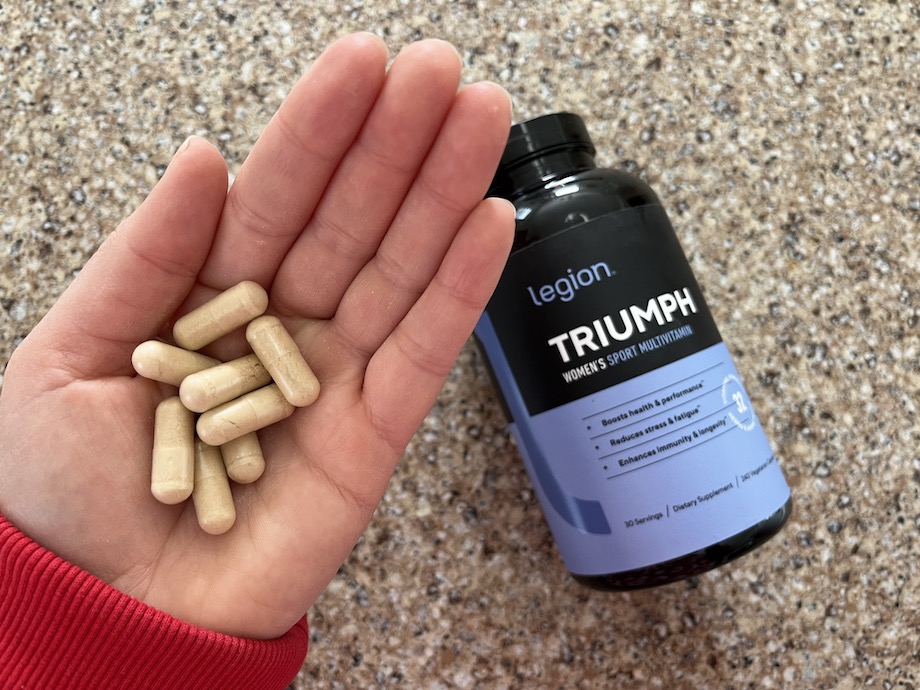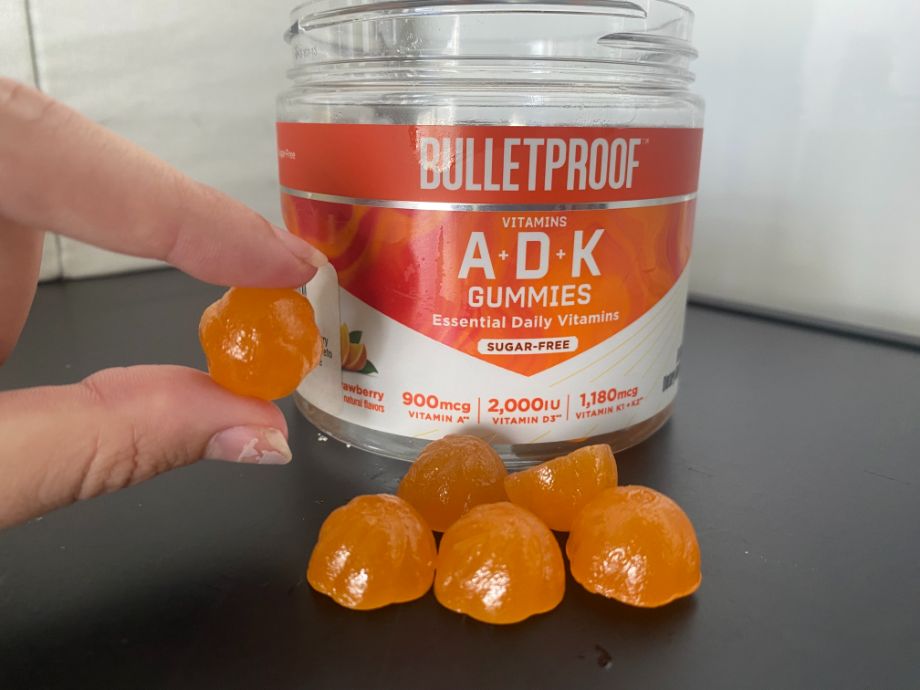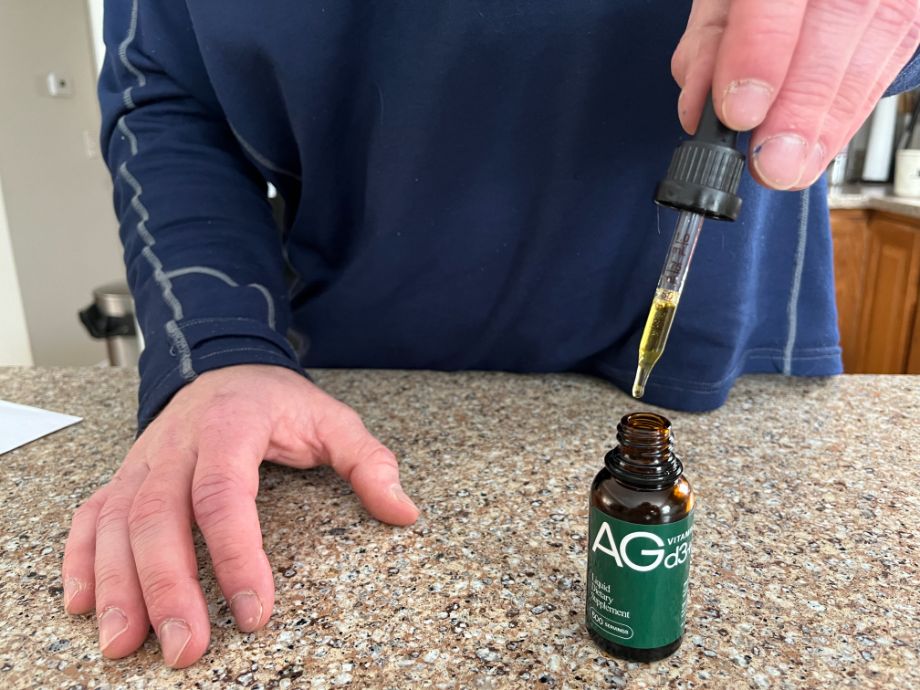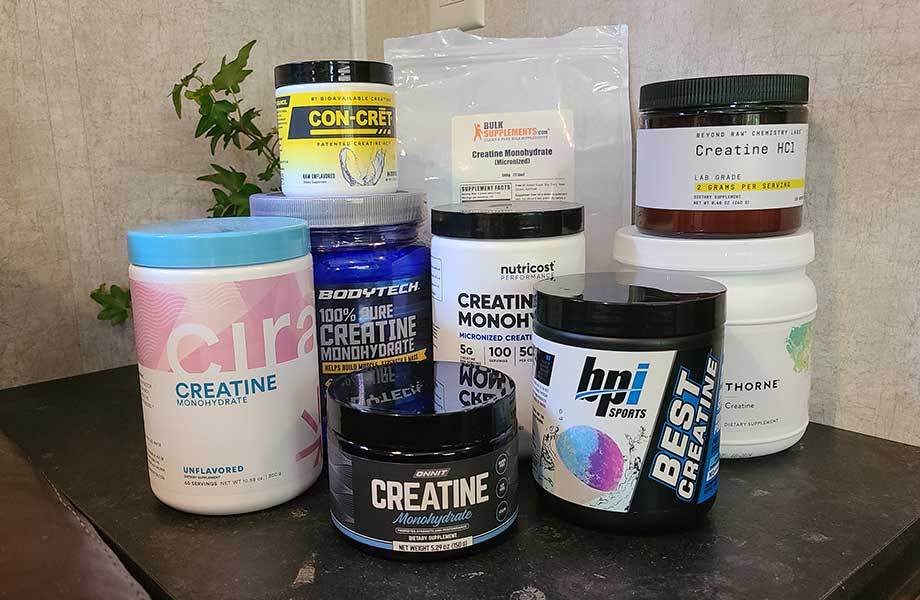We test and review fitness products based on an independent, multi-point methodology. If you use our links to purchase something, we may earn a commission. Read our disclosures.
As the dietary supplement market size continues to grow, more consumers invest in their health with supplements, both dietary and herbal. Although individual reasons vary from person to person, many seek supplements to aid in their health, wellness, and fitness goals. Supplements that consumers purchase also vary, from protein powder and herbal supplements to vitamins and minerals.
In this article, we’ll explore the supplement industry and growth by examining consumer spend on supplements. By breaking down the global supplement market by regions, countries, trends, and products, we can begin to understand how consumer interest and demands impact the market on a larger scale. This overview will also investigate the market size’s growth and direction in the coming years.
How Much Do Consumers Spend on Supplements?
Consumers were estimated to spend $164.43 billion on supplements in 2023.
As consumers have become increasingly aware of health and wellness practices, their spending habits have reflected this trend, with a constant growth in expenditure over the past several years. The global dietary supplement market size shows the same trend, with an estimated market size of $182.6 billion in 2023.

Annual Growth Trends in Consumer Spend on Supplements
In this next section, we’ll take a look at the yearly trends of consumer spend on supplements and its growth over the years.
Supplement Spend Per Year
Consumers have been steadily increasing how much they spend on supplements each year. Consumer spending has increased by over $50 billion over the past five years—from $112.95 billion in 2018 to $164.43 billion in 2023. The growing prevalence and importance of health to consumers plays a major role in the growth, but other factors have impacted spend, such as:
- The growing awareness of supplements on social media
- The ease of online shopping
- A rise in preventative health care
Projected Growth Rate of the Supplement Market
Supplements are becoming a popular purchase and only look to become a more common and popular purchase. With $164.43 billion worth of purchases in 2023, sales are projected to reach over $255 billion by 2030, with a compound annual growth rate (CAGR) of 6.5% from 2024 to 2030.
To better understand the market size and consumer spend’s projected growth, the following table outlines specific figures for the period of 2024 to 2030.
| Year | Consumer Spend (USD Billions) |
| 2024 | $175.11 |
| 2025 | $186.49 |
| 2026 | $198.62 |
| 2027 | $211.53 |
| 2028 | $225.28 |
| 2029 | $239.92 |
| 2030 | $255.51 |
Country-Specific Spend on Supplements
The table below takes a look at consumer spend broken down by major countries involved.
| Country | Consumer Spend (USD Billions) |
| US | $30.9 B |
| China | $18 B |
| Japan | $8.6 B |
| Germany | $2.3 B |
Americans spent the most on supplements in 2023, spending over $30 billion. China trails behind with an estimated spend of $18 billion. While smaller, Japan and Germany still spend substantial amounts on supplements, with $8.6 billion and $2.3 billion, respectively.

Key Types of Supplements Being Purchased
Out of main categories of supplements, vitamins are the most commonly purchased type of supplement, taking 40.2% of the market share—likely due to consumers shifting towards preventative health. The chart below breaks down each category’s market share:
| Category | Market Share |
| Vitamins | 40.20% |
| Minerals | 13.10% |
| Herbal Supplements | 31.60% |
| Protein Supplements | 15.10% |
With vitamins and herbal supplements taking the majority of the market share in dietary supplements, protein supplements continue to grow, with over 15% of the market share. You can check out our exploration of the protein supplements industry market size for more on its growth over the past years.
Primary Consumers of Supplements
With healthcare improving globally and trends making consumers more health-conscious, there has been a shift in the type and age of consumers, impacting the market accordingly. This chart shows the breakdown of the market by age:
| Age Group | Market Size | Share |
| Adults | $84.2 B | 46% |
| Elderly | $54.8 B | 30% |
| Infants & Children | $43.8 B | 24% |
Some key takeaways from the chart are that:
- The majority of consumers using supplements are middle-aged adults, making 46% of the market.
- The elderly population has grown due to better healthcare services and quality of life, also leading to a larger share of the supplement market, sitting at 30%.
- The larger market of older people has led to increases in use and purchases of vitamins A, B, and D, and calcium. These vitamins aim to improve bone health as well as reduce the risk of chronic disease.

Common Applications of Supplements
There are quite a few reasons that consumers cite for buying and using particular supplements. Here’s a quick look at the most common reasons:
- 39% of users cite general health and well-being as the reason for investing in dietary supplements.
- Immune health was the cited reason for about 31% of consumers.
- Around 30% of supplement users say their reason to purchase supplements is for added energy and weight management.
Consumer Spend on Supplements: FAQs
How much do consumers spend on supplements?
In 2023, consumers spent an estimated $164.43 billion on dietary supplements globally.
How have the consumer spent on supplements grown annually on a global scale?
With a growth of consumer spend of over $50 billion in the past five years, consumers are on track to spend over $255 billion by 2030, growing at a compound annual growth rate (CAGR) of 6.5% from 2024 to 2030.
Which type of supplements are most commonly purchased?
Vitamins and herbal supplements are the most popular amongst consumers, taking 40% and 32% of the global market share respectively.
Which country spends the most on supplements?
American consumers have spent the most money on supplements, spending $30.9 billion last year.
Further reading

As the dietary supplement market size continues to grow, more consumers invest in their health with supplements, both dietary and herbal. Although individual reasons vary from person to person, many seek supplements to aid in their health, wellness, and fitness goals. Supplements that consumers purchase also vary, from protein powder and herbal supplements to vitamins and minerals.In this article, we’ll explore the supplement industry and growth by examining consumer spend on supplements. » Read more about: Consumer Spend on Supplements in the Health and Wellness Market » Read more

The CrossRope Jump Ropes are the best option for weighted jump ropes currently available. After testing all of the various cable weights and handles in various workouts from double unders to speed skips, we are confident in recommending these ropes. Read more

As the dietary supplement market size continues to grow, more consumers invest in their health with supplements, both dietary and herbal. Although individual reasons vary from person to person, many seek supplements to aid in their health, wellness, and fitness goals. Supplements that consumers purchase also vary, from protein powder and herbal supplements to vitamins and minerals.In this article, we’ll explore the supplement industry and growth by examining consumer spend on supplements. » Read more about: Consumer Spend on Supplements in the Health and Wellness Market » Read more

In this GMWD Bench Press Machine review, we’ll go over this budget-friendly upper body machine and see if it’s the right choice for your home gym. Read more

